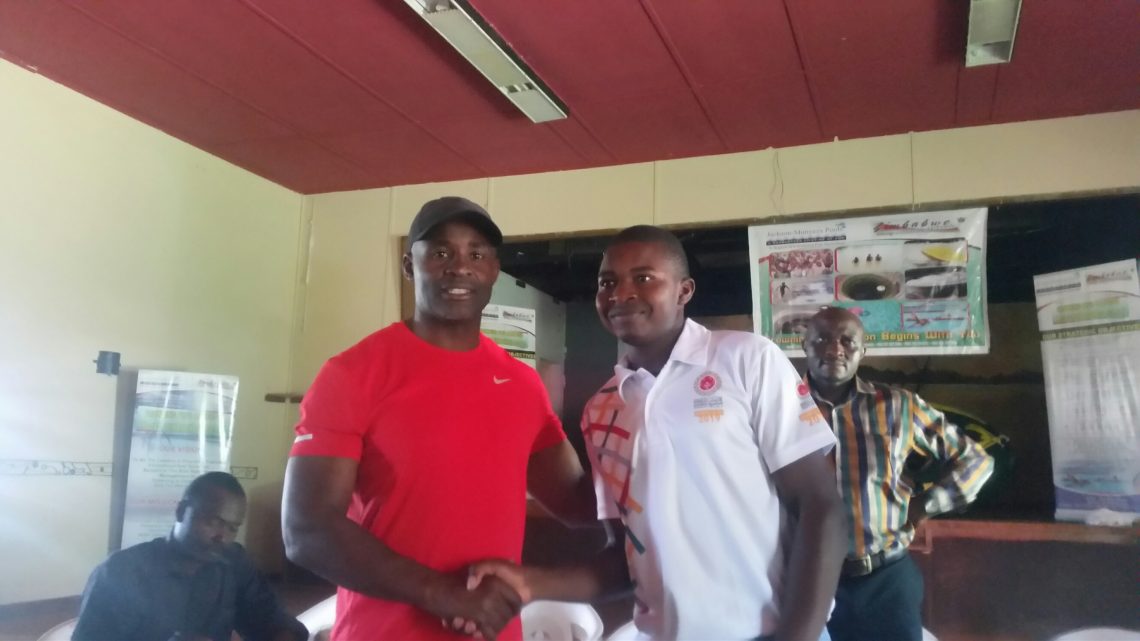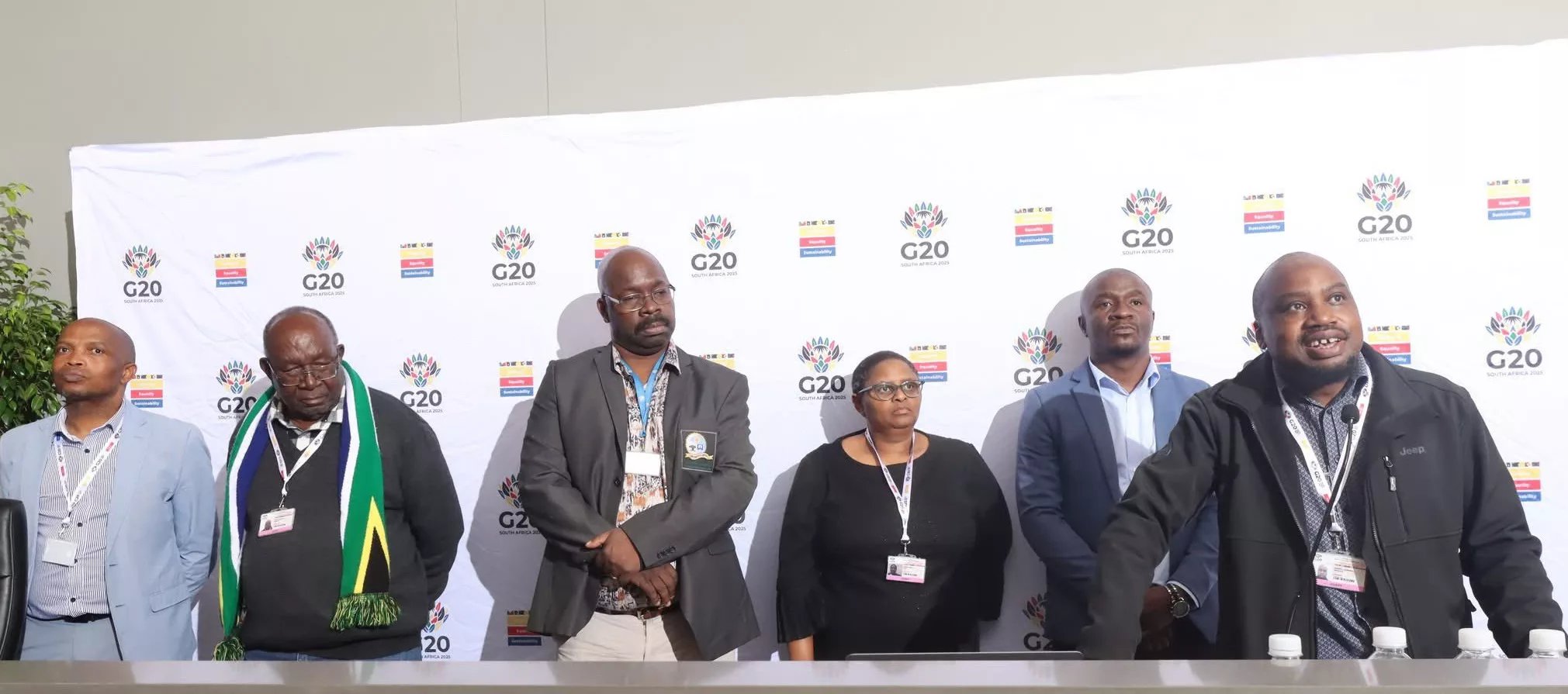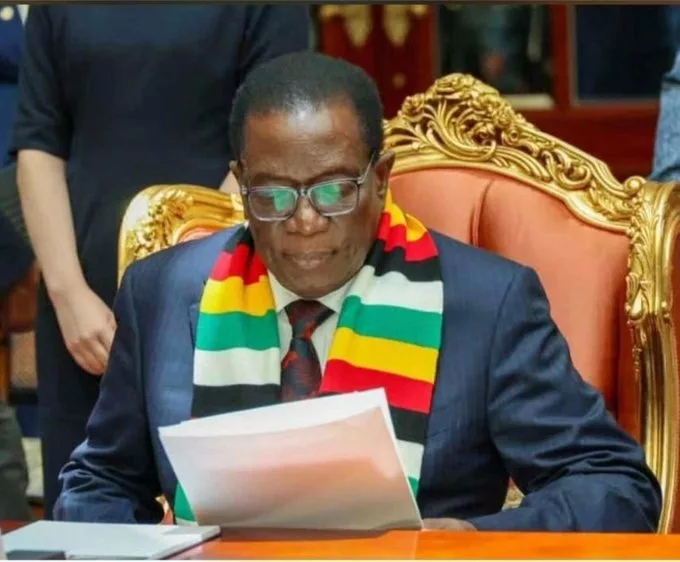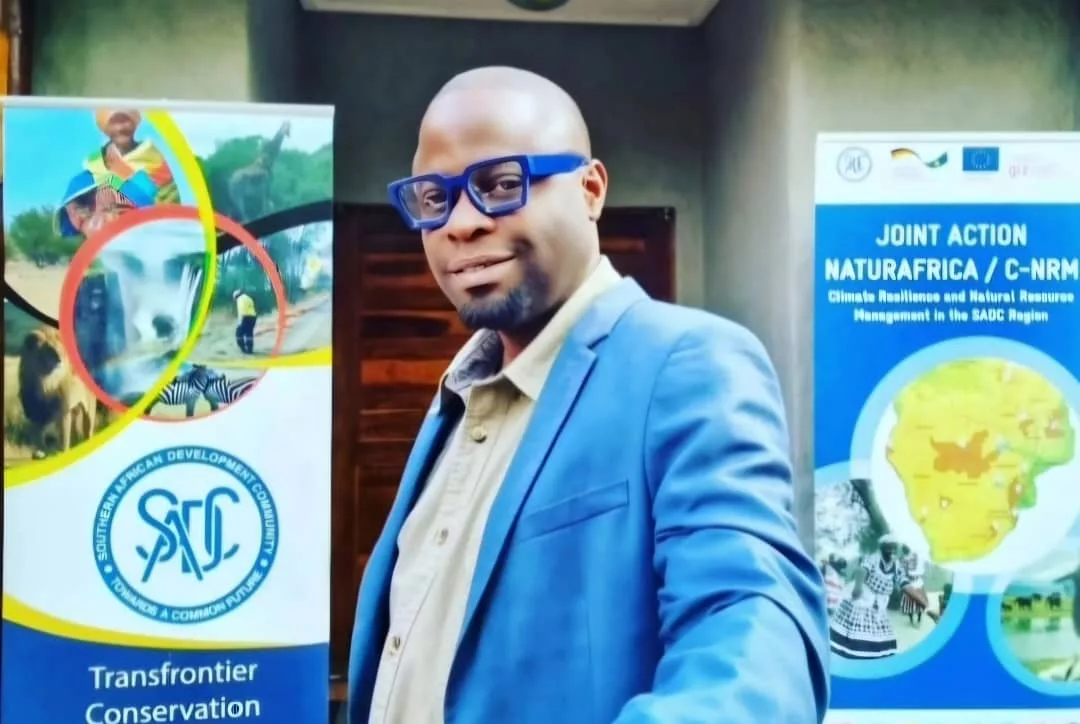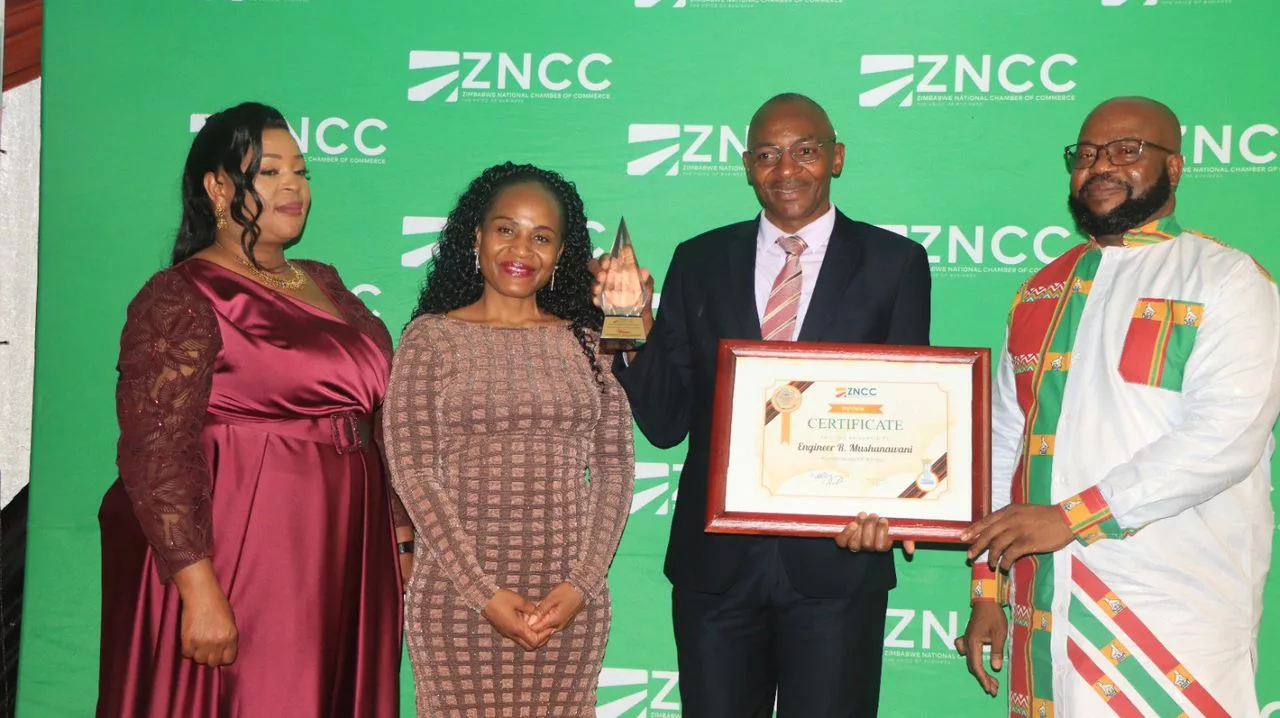By Byron Mutingwende
Temba Mliswa, the Member of the House of Assembly for Norton Constituency is spearheading the revival of the nearly dysfunctional Norton Country Club so as to promote the development of various sporting disciplines at grassroot level.
In his speech during the official launch of the Podium Performance Programme spearheaded by the ministry of sports, arts and recreation at Norton Country Club on 24 March 2018, Mliswa said the absence of standard sport facilities had deprived the citizens a platform for competitive participation in sport.
“As an MP with an Honours Degree in Sports Administration, I find it worthwhile to revive the Norton Country Club and put in place relevant infrastructure to revive sporting disciplines like athletics, basketball, cricket, hockey, tennis, soccer, golf, rugby, swimming and squash.
“My aim is to turn this facility into a centre of excellence that can be replicated not only in Mashonaland West Province but countrywide. I am pleased to announce that Zimplats, one of the mining giants in our locality has pledged financial support to make this dream a success,” Mliswa said.
The MP revealed that in pursuit of resuscitating cricket, he had secured a kit from West Indies Cricket Team. He also roped in Tonderai Chivhanga, a popular Springboks player to help in the development of rugby at grassroots level. The popular tennis icons Cara, Wayne and Byron Black have also pledged their support in developing tennis through coaching and training young children and the youths at Norton Country Club and other grass-root sporting centres. Swimming sensation, Kirsty Coventry, was approached by MP Mliswa and agreed to help in reviving the sporting discipline.

“I also wish to establish a state-of-the-art gym here so that apart from the locals, even national teams should camp and train at this facility. Modern day training requires sportspersons to be monitored scientifically in terms of breathing, muscle development, nutrition and psychological state just to mention a few.
“Just like in Europe, we should start sporting academies so as to identify and develop talents in pupils from early child development (ECD) stage. Sports should be seen as a business and must be driven by individuals and communities,” Mliswa said.
Eugenia Chidhakwa, the director of sport and recreation, speaking on behalf of Minister Kazembe Kazembe bemoaned the fact that Zimbabwe has since independence experienced rising and falling performances by various sporting disciplines.
“I was disappointed by the result in which Zimbabwe Cricket fell to minnows like the United Arab Emirates and failed to qualify for the Cricket World Cup in a heart-breaking manner. It is unfortunate that in the past we have played world-class cricket but the rankings are going further down. It is for that reason that my ministry seeks to spearhead grass-root sports programmes so as to reach podium performance in pursuit of sport excellence in the various disciplines,” Chidhakwa said.
The sports director said the route to podium performance should be initiated at the grassroots through robust identification processes of raw talent residing within the communities.
One tool to motivate mass participation in sport is the Community Sport and Recreation Club System that can be used as a platform for identifying talent from grass-root level with structured competition taking centre stage.
“The development of standard sport facilities yields direct benefits to users as it provides accessibility, exposure, participation, reduced injuries and success in high performance-oriented environment. Against this background, the ministry in its 100-day plan has set to take over the administration of all sport and recreation facilities in Zimbabwe with a view to refurbish and standardise them according to required international standards,” Chidhakwa said.
To date, rights have been granted on national facilities such as the National Sports Stadium, Magamba Hockey Stadium, Khumalo Hockey Stadium and the Chitungwiza Aquatic Complex. Negotiations are underway with local authorities for the ceding of administrative rights of sport and recreation facilities. Chidhakwa said other provinces have offered the ministry land for the development of multi-purpose sport, arts and recreation. So far, land has been offered in Shurugwi, Masvingo, Mutare and Jotsholo in pursuit of achieving excellence in sport.
Erasmus Garakara, the Vice Chairman of Gymnastics Zimbabwe welcomed the initiative by the government to establish centres which place emphasis on the general physical preparedness of the athlete before being aggravated to sport specific and skill specific preparedness.
“We are prepared to visit schools and other sport and recreation centres to teach community members about the importance of gymnastics since it fosters flexibility in our athletes,” Garakara said.
Further to administering development processes on athletes, it is paramount that athletes go through a tracking process to disallow diminishing returns on the gains realised during the incubation process.
John Muringani, the National Sports Director of Special Olympics Zimbabwe encouraged society to identify, nurture and develop sporting talents among children with mental disabilities.
“As Special Olympic Zimbabwe, we are proud that a Norton resident, Munyaradzi Musariri, who has a mental disability, is an international professional golfer. He was the 2016 Sports Person of the Year and has many awards to his name. Recently, Musariri was in Abu Dabi where he showcased his excellence in golf,” Muringani said.
Special Olympics Zimbabwe offers sport training to children with mental disabilities from 2 years-old and builds their skills up to when they are 8 years old. They insist that mental disability does not mean inability in sports.


